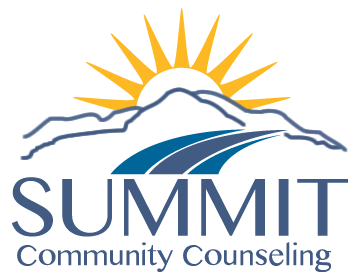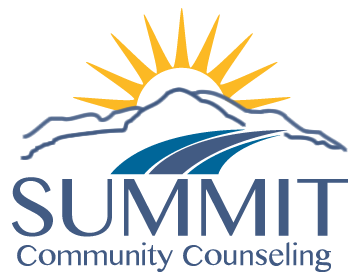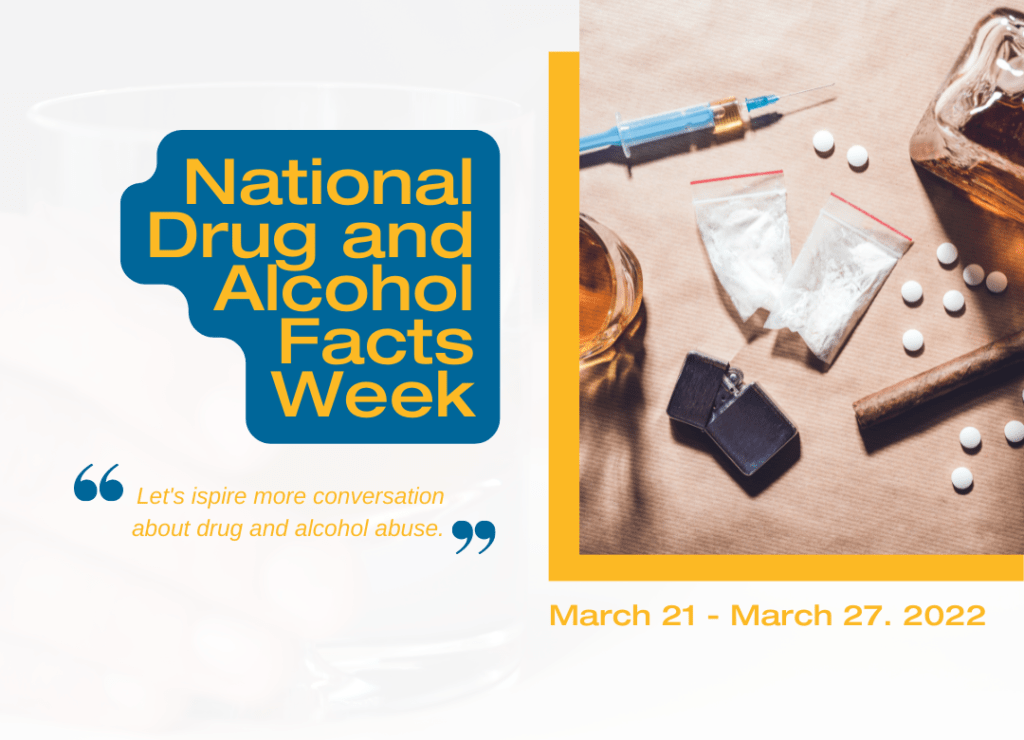Drugs and alcohol are substances that can affect your mind and body. Many people that are considered addicts of drugs and alcohol were not aware beforehand that addiction would dominate their lives and cause heavy consequences. Alcohol is one of the most commonly abused substances and the 3rd most common cause of death in the United States. National Drug and Alcohol Facts week is an annual health observance that inspires more conversation about drug and alcohol abuse. People such as educators, students, doctors, scientists, healthcare providers, or people giving out their testimonies unite to try to improve the prevention of this substance abuse.
To learn more about drug and alcohol substance abuse, you can look for events in the National Institute on Drug Abuse to get involved. In the map you can locate different events according to your area. However, if there are no events nearby we can provide you some vital information that can be useful when talking about this topic.
How does alcohol affect a person’s body?
Alcohol at first can make a person feel elated, however, as blood alcohol level rises the effects on the body can multiply. Alcohol can affect inhibition and memory, when it affects this it can lead to people ultimately making decisions they might later regret. Drinking too much can also lead to alcohol overdose, death, and lack of response of the person due to being too alcoholized.
How do people get addicted to drugs?
Most of the time, people are aware that using drugs can be harmful to their body, however, repeated drug use can lead to changes in the brain that make it hard to stop using even if they would like to stop. Addictive drugs cause the brain to release the chemical dopamine which makes a person feel good only momentaneously.
How can I help someone with a drug problem stop taking drugs?
This can be a complicated process when the person you are looking to help is resistant to get help. The Substance Abuse and Mental Health Services Administration (SAMHSA) operates the National Helpline 1-800-662-HELP (4357). This is a free, confidential, 24/7, 365-day-a-year treatment referral and information service (in English and Spanish) for anyone looking for help.
This week is important to reinforce prevention of these important issues that you or another person might be going through, do not hesitate in getting help.


